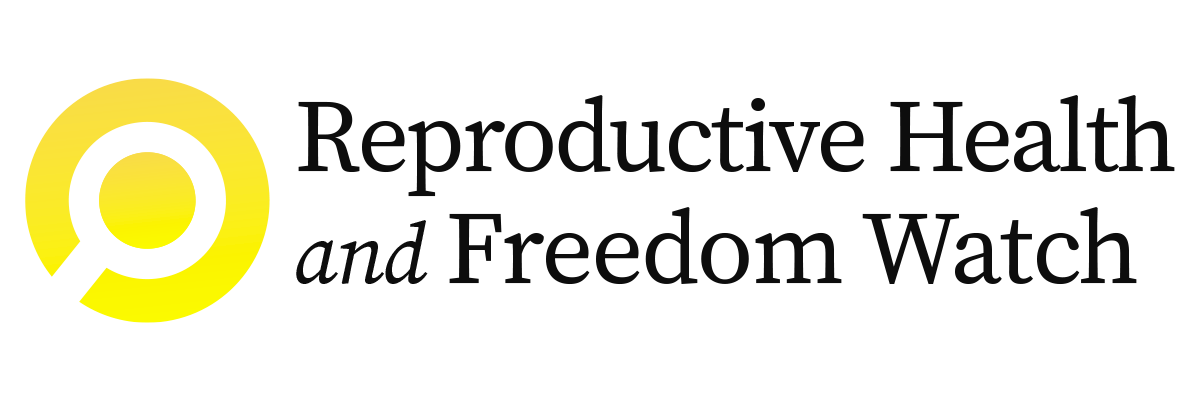Washington, DC – Unlicensed pregnancy clinics (UPCs, also known as crisis pregnancy centers) promise to protect sensitive client information, often citing HIPAA protections, but there are no legal requirements for these clinics to actually keep client information confidential. That doesn’t stop them from promising to protect the information on their intake forms, as recent reporting from NBC News demonstrates – despite the fact that their questions often go well beyond what a licensed women’s health clinic would ask.
From NBC News’ report: “The questionnaires given to new visitors to Sage ask women to disclose prior pregnancies and whether they were carried to term, miscarried or terminated. The forms also include questions about a patient’s religious beliefs, as well as guidance for the center’s volunteers to share Bible passages. There are also questions about intentions for the pregnancy, whether the father is aware and ‘what decision would the father like you to make regarding the outcome of your pregnancy.’”
The report continues, “Sage Women’s Center says on its website that it complies with the federal Health Insurance Portability and Accountability Act, known as HIPAA, and that the information is protected and kept confidential. But because the center offers its services for free, it’s not actually legally bound by federal health data privacy laws. In fact, in its privacy policy, Sage Women’s Center says ‘any transactions that invoke coverage of the HIPAA Privacy Act” and therefore its privacy practices are ‘voluntarily undertaken.’”
“These questions go far beyond what a standard medical intake form would require. And, the fact that women going to these clinics have no legal protection when it comes to how this information is shared is deeply concerning” said Reproductive Health and Freedom Watch UPC Director Jenifer McKenna. “How are unregulated pregnancy clinics protecting the sensitive health information they’re collecting from women seeking their care? State legislators and law enforcement should investigate how these clinics are storing and sharing client personal health information.”
Earlier this year, Campaign for Accountability called for attorneys general in five states to investigate the data collection practices of UPCs to ensure that they were not misleading women visiting the clinics about data privacy.
ABOUT UPCS: Unregulated pregnancy clinics are largely religiously motivated non-profit organizations that support regressive reproductive health policy (opposing abortion and birth control), and function as the mass, retail-facing backbone of the pro-life movement. These clinics promote services including medical care – such as pregnancy tests, ultrasounds, and reproductive health counseling – and are not regulated by state or federal health agencies. The unregulated pregnancy clinic industry is led by three organizations – Care Net, Heartbeat International, and the National Institute of Family and Life Advocates (NIFLA) – which have relationships with every part of the pro-life movement.
